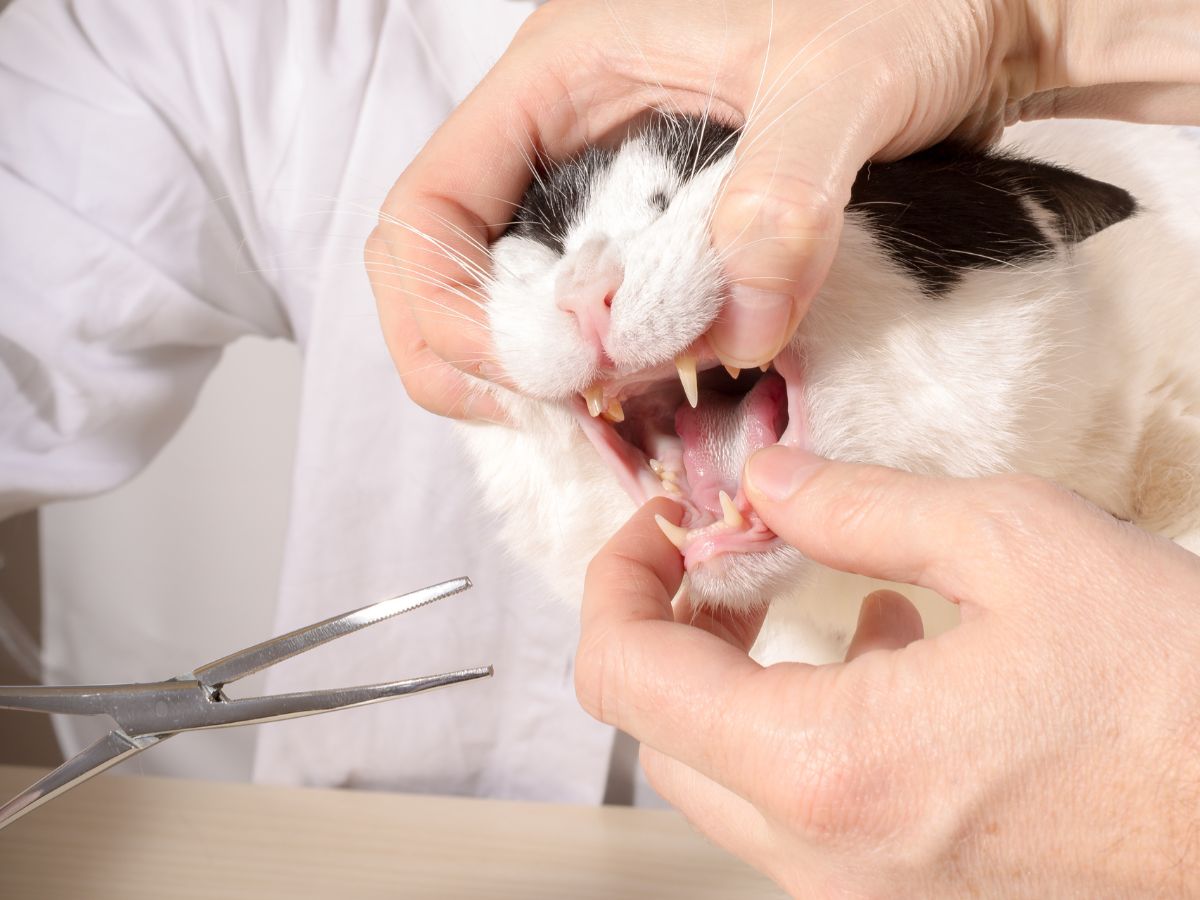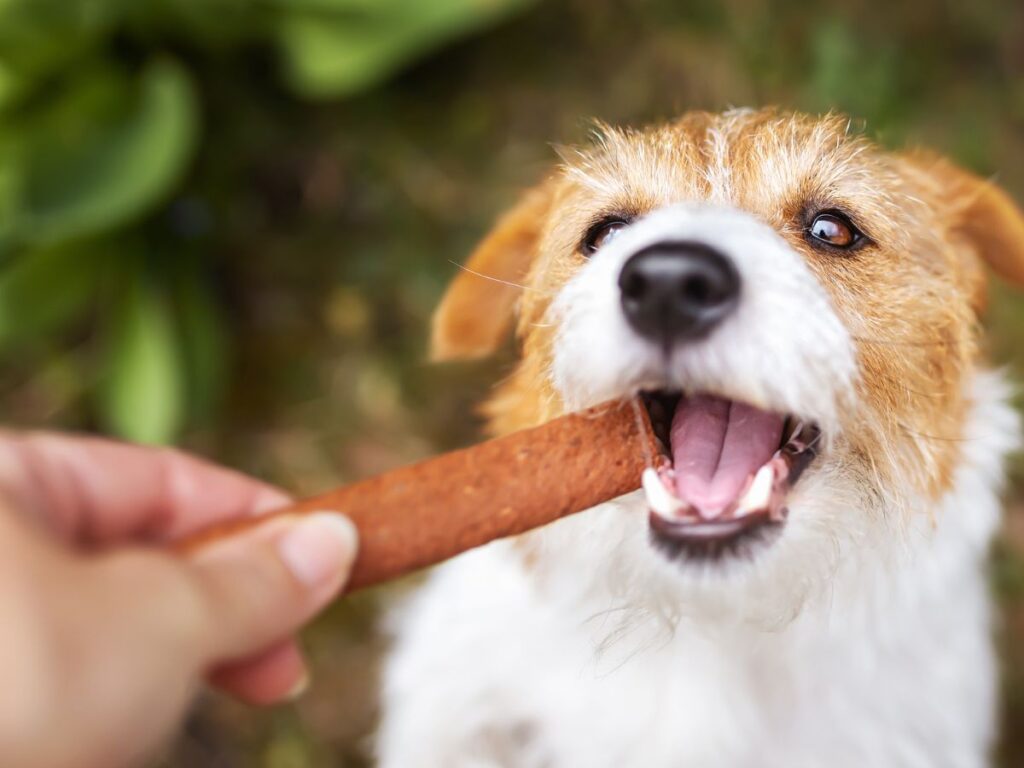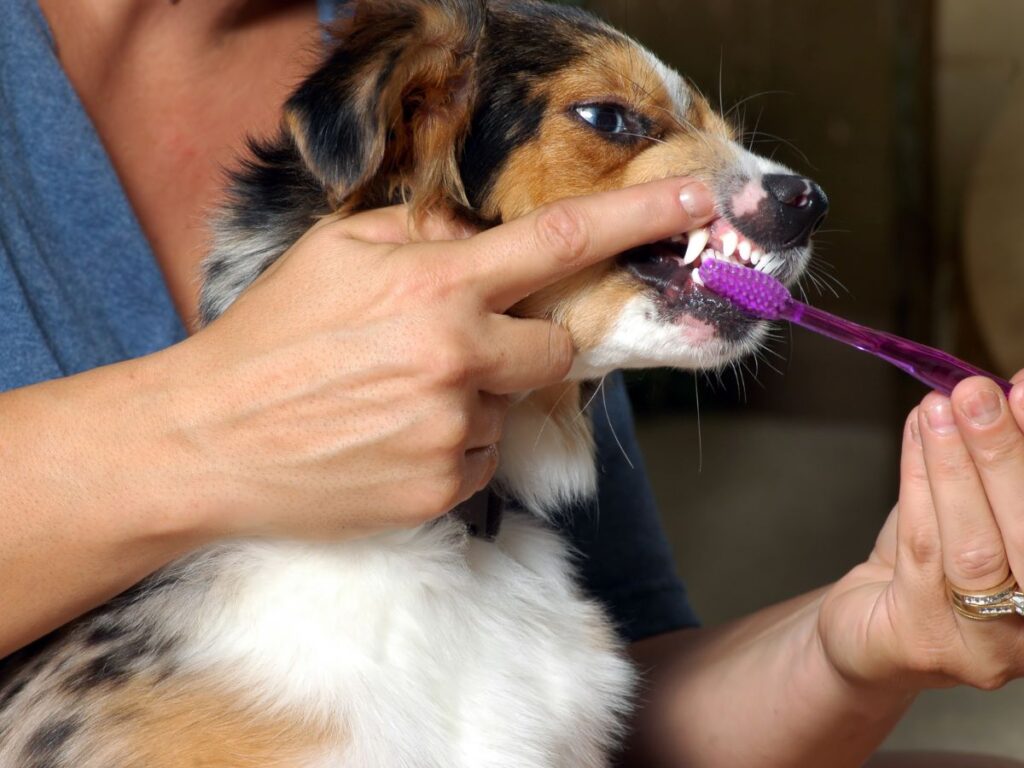
When most pet owners think about their dog or cat’s health, they often consider factors like exercise, vaccinations, or grooming. But one area that frequently goes overlooked is pet dental care - and more importantly, how diet plays a direct role in shaping the long-term condition of your pet’s teeth. Over time, the food your pet eats can either protect or damage their oral health. Understanding the connection between diet and dental care is essential for keeping your pet happy, healthy, and pain-free.
Dental health is not just about avoiding bad breath. Poor oral hygiene can lead to serious problems such as gum disease, tooth loss, chronic pain, and even infections that spread to other parts of the body, like the heart, liver, or kidneys. Pets with dental problems often suffer in silence, and their owners might only realise something is wrong once the condition has worsened.
Maintaining dental health isn’t just about brushing—it starts with what’s in their bowl every day.
One of the most debated topics in pet dental care is whether dry food (kibble) or wet food is better for your pet’s teeth.
Dry kibble has a slight abrasive texture that may help scrape off plaque during chewing. However, this benefit is limited and does not replace brushing or professional cleaning. Some specialised dental kibbles are designed to promote chewing and help clean teeth more effectively.
Wet food, on the other hand, often sticks to teeth and creates an environment where bacteria thrive. This can accelerate plaque buildup and lead to tartar formation if not managed correctly. However, wet food is often more nutritious and hydrating for pets, especially cats.
The key is balance and dental hygiene support, not necessarily choosing one over the other.
High carbohydrate content, especially in low-quality pet food, contributes to plaque formation. When carbohydrates break down in the mouth, they create sugars that bacteria feed on. These bacteria produce acids that damage enamel and irritate the gums.
Many commercial pet treats and foods are loaded with fillers and sugars that can silently erode dental health over time. Reading the ingredient list carefully and choosing low-carb, grain-free, or natural ingredient-based diets can reduce this risk.

A diet that includes safe chewable items like dental treats or raw bones (under supervision and if recommended by a vet) helps pets naturally clean their teeth and stimulate their gums. These items mimic the tearing and grinding motion that wild animals use to keep their teeth in shape.
However, hard chews like antlers or bones that are too dense can cause tooth fractures. Always ensure chews are appropriate for your pet's size, age, and dental condition.
Nutrients such as Vitamin C, Vitamin A, calcium, and omega-3 fatty acids play a significant role in maintaining healthy gums and oral tissues. A diet lacking in these nutrients can make pets more prone to gingivitis and periodontal disease.
For instance, calcium is essential for strong teeth, while vitamin C helps maintain the integrity of gum tissue. Omega-3s help reduce inflammation, which can protect against gum disease. Feeding your pet a well-balanced, vet-approved diet ensures they get the nutrients necessary to maintain their dental health.
It’s not always easy to know if your pet is suffering from dental issues, especially in the early stages. Watch out for these signs:
If your pet shows any of these symptoms, it’s crucial to schedule a dental checkup immediately.

Some brands offer specially formulated dental diets that have been clinically tested to reduce plaque and tartar. These foods are often larger and designed to encourage chewing, which aids in mechanical cleaning.
Dental treats and chews can be a fun and effective way to clean teeth while rewarding your pet. Look for products approved by veterinary dental associations.
For dogs, safe chew toys or edible chews like dental sticks can help maintain oral health. For cats, there are also dental treats and toys that encourage chewing and help clean teeth.
Feeding your pet from the table can be tempting, but human food—especially sugary or starchy items—can quickly contribute to tooth decay. Always stick to pet-specific food and treats.
Make sure your pet’s food includes essential nutrients such as calcium, phosphorus, and vitamins to promote healthy teeth and gums. Consult your vet for guidance on choosing the right brand and formulation.
While diet plays a central role in your pet’s oral health, it must be supported by a consistent Pet dental care routine:
Combining proper nutrition with daily care ensures your pet’s teeth stay healthy and pain-free for life.
Q. How often should I brush my pet’s teeth?
Ideally, daily brushing is best. However, brushing at least three times a week can still make a significant difference in preventing dental disease.
Q. Can diet alone prevent dental disease in pets?
No, diet is a major factor, but it must be paired with brushing, regular checkups, and cleanings for effective dental care.
Q. Are raw bones good for cleaning my dog’s teeth?
Raw bones can help, but they must be size-appropriate and given under supervision. Cooked bones are dangerous and should never be given.
Q. What is the best food for my pet’s dental health?
Look for vet-recommended brands labelled for dental care. These diets are formulated to reduce plaque and tartar and support gum health.
Q. What are the dangers of poor dental hygiene in pets?
Untreated dental problems can lead to pain, infections, tooth loss, and even affect the heart, liver, and kidneys over time.
Q. Should I worry if my pet has bad breath?
Yes. Bad breath is often one of the first signs of dental disease and shouldn’t be ignored.
At Royal Vet Clinic, we understand how critical dental health is to your pet’s overall well-being. Our expert veterinary team offers comprehensive dental services, including oral examinations, ultrasonic cleanings, extractions, and personalised dietary recommendations tailored to your pet’s needs.
We also educate pet parents on how to maintain dental hygiene at home and help them choose the right food and treats to protect their pet’s teeth over time.
If you’ve noticed signs of dental problems or simply want to give your pet the best start in lifelong oral health, we’re here to help. Visit us at Royal Vet or book a consultation with our friendly team today.
Your pet’s smile is our priority—let’s keep it bright and healthy, together.
"*" indicates required fields